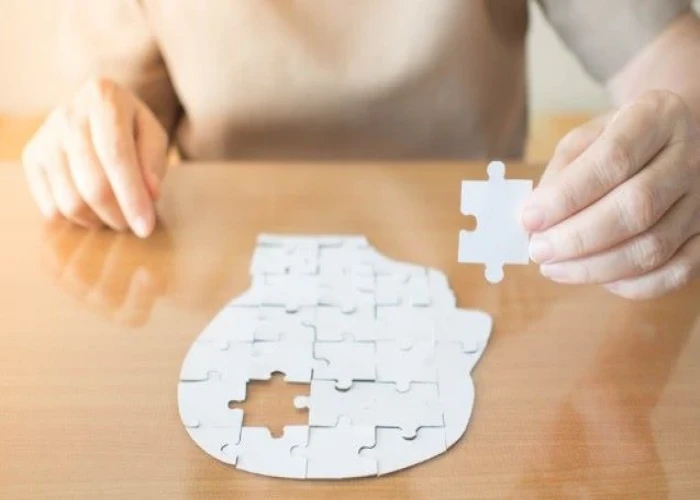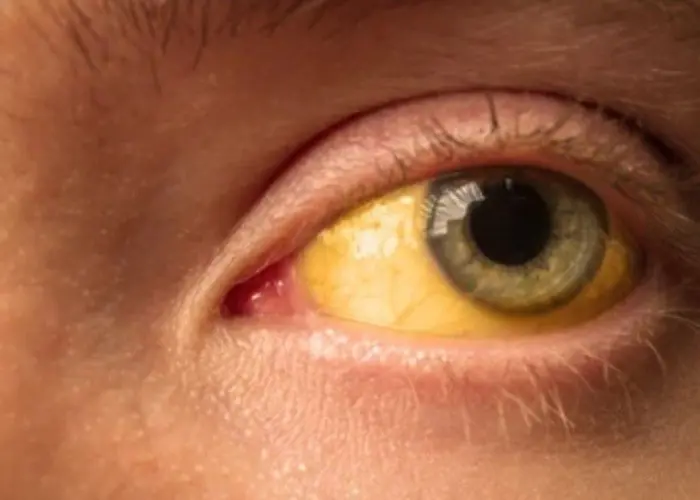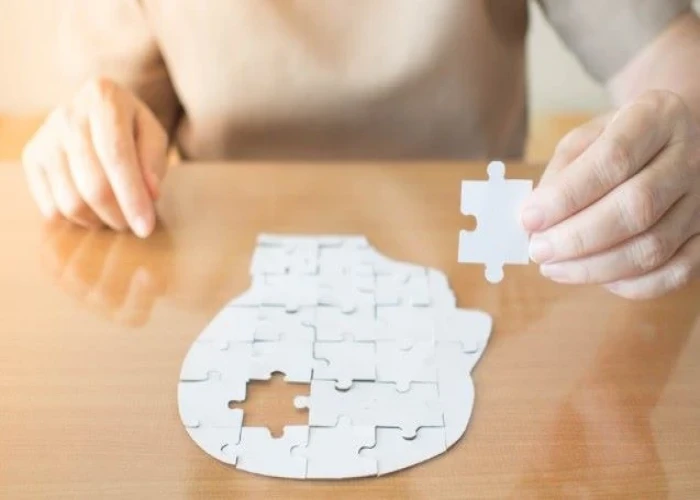 Welcome
Welcome
“May all be happy, may all be healed, may all be at peace and may no one ever suffer."
Mental illness

Mental illness, also known as mental disorders or psychiatric disorders, refers to a wide range of conditions that affect a person's thinking, behavior, and mood. Mental illnesses are often caused by a combination of biological, environmental, and social factors, and can occur at any age.
Some common types of mental illnesses include:
- Anxiety disorders, such as generalized anxiety disorder, panic disorder, and phobias
- Mood disorders, such as major depression and bipolar disorder
- Schizophrenia and other psychotic disorders
- Personality disorders, such as borderline personality disorder and narcissistic personality disorder
- Eating disorders, such as anorexia nervosa and bulimia nervosa
- Substance use disorders, such as alcoholism and drug addiction
Treatment options for mental illness vary depending on the type and severity of the condition. They may include:
- Psychotherapy, including cognitive-behavioral therapy, psychoanalytic therapy, and group therapy
- Medications, such as antidepressants, antipsychotics, and mood stabilizers
- Hospitalization or residential treatment programs for more severe or acute cases
- Lifestyle changes, such as exercise, diet, and stress management techniques
- Self-help strategies, such as support groups, meditation, and relaxation techniques
It is important for anyone experiencing symptoms of mental illness to seek help from a healthcare provider or mental health professional. Mental illnesses are treatable, and early intervention can improve outcomes and quality of life.
Research Papers
Disease Signs and Symptoms
- Rapid mood chang
- Tingling and numbness in the outer (lateral) part of the thigh
- Major changes in eating habits
- Problems with alcohol or drug use
- Trouble understanding and relating to situations and to people
- Inability to cope with daily problems or stress
- Detachment from reality (delusions), paranoia or hallucinations
- Significant tiredness, low energy or problems sleeping
- Withdrawal from friends and activities
- Excessive fears or worries, or extreme feelings of guilt
- Reduced sexual desire
- Trouble sleep (insomnia)
- Decreased energy
- Mental disorder
Disease Causes
Mental illness
Mental illnesses, in general, are thought to be caused by a variety of genetic and environmental factors:
- Inherited traits. Mental illness is more common in people whose blood relatives also have a mental illness. Certain genes may increase your risk of developing a mental illness, and your life situation may trigger it.
- Environmental exposures before birth. Exposure to environmental stressors, inflammatory conditions, toxins, alcohol or drugs while in the womb can sometimes be linked to mental illness.
- Brain chemistry. Neurotransmitters are naturally occurring brain chemicals that carry signals to other parts of your brain and body. When the neural networks involving these chemicals are impaired, the function of nerve receptors and nerve systems change, leading to depression and other emotional disorders.
Disease Prevents
Mental illness
There's no sure way to prevent mental illness. However, if you have a mental illness, taking steps to control stress, to increase your resilience and to boost low self-esteem may help keep your symptoms under control. Follow these steps:
- Pay attention to warning signs. Work with your doctor or therapist to learn what might trigger your symptoms. Make a plan so that you know what to do if symptoms return. Contact your doctor or therapist if you notice any changes in symptoms or how you feel. Consider involving family members or friends to watch for warning signs.
- Get routine medical care. Don't neglect checkups or skip visits to your primary care provider, especially if you aren't feeling well. You may have a new health problem that needs to be treated, or you may be experiencing side effects of medication.
- Get help when you need it. Mental health conditions can be harder to treat if you wait until symptoms get bad. Long-term maintenance treatment also may help prevent a relapse of symptoms.
- Take good care of yourself. Sufficient sleep, healthy eating and regular physical activity are important. Try to maintain a regular schedule. Talk to your primary care provider if you have trouble sleeping or if you have questions about diet and physical activity.
Disease Treatments
Your treatment depends on the type of mental illness you have, its severity and what works best for you. In many cases, a combination of treatments works best.
If you have a mild mental illness with well-controlled symptoms, treatment from your primary care provider may be sufficient. However, often a team approach is appropriate to make sure all your psychiatric, medical and social needs are met. This is especially important for severe mental illnesses, such as schizophrenia.
Your treatment team
Your treatment team may include your:
- Family or primary care doctor
- Nurse practitioner
- Physician assistant
- Psychiatrist, a medical doctor who diagnoses and treats mental illnesses
- Psychotherapist, such as a psychologist or a licensed counselor
- Pharmacist
- Social worker
- Family members
Medications
Although psychiatric medications don't cure mental illness, they can often significantly improve symptoms. Psychiatric medications can also help make other treatments, such as psychotherapy, more effective. The best medications for you will depend on your particular situation and how your body responds to the medication.
Some of the most commonly used classes of prescription psychiatric medications include:
- Antidepressants. Antidepressants are used to treat depression, anxiety and sometimes other conditions. They can help improve symptoms such as sadness, hopelessness, lack of energy, difficulty concentrating and lack of interest in activities. Antidepressants are not addictive and do not cause dependency.
- Anti-anxiety medications. These drugs are used to treat anxiety disorders, such as generalized anxiety disorder or panic disorder. They may also help reduce agitation and insomnia. Long-term anti-anxiety drugs typically are antidepressants that also work for anxiety. Fast-acting anti-anxiety drugs help with short-term relief, but they also have the potential to cause dependency, so ideally they'd be used short term.
- Mood-stabilizing medications. Mood stabilizers are most commonly used to treat bipolar disorders, which involves alternating episodes of mania and depression. Sometimes mood stabilizers are used with antidepressants to treat depression.
- Antipsychotic medications. Antipsychotic drugs are typically used to treat psychotic disorders, such as schizophrenia. Antipsychotic medications may also be used to treat bipolar disorders or used with antidepressants to treat depression.
Psychotherapy
Psychotherapy, also called talk therapy, involves talking about your condition and related issues with a mental health professional. During psychotherapy, you learn about your condition and your moods, feelings, thoughts and behavior. With the insights and knowledge you gain, you can learn coping and stress management skills.
There are many types of psychotherapy, each with its own approach to improving your mental well-being. Psychotherapy often can be successfully completed in a few months, but in some cases, long-term treatment may be needed. It can take place one-on-one, in a group or with family members.
When choosing a therapist, you should feel comfortable and be confident that he or she is capable of listening and hearing what you have to say. Also, it's important that your therapist understands the life journey that has helped shape who you are and how you live in the world.
Brain-stimulation treatments
Brain-stimulation treatments are sometimes used for depression and other mental health disorders. They're generally reserved for situations in which medications and psychotherapy haven't worked. They include electroconvulsive therapy, repetitive transcranial magnetic stimulation, deep brain stimulation and vagus nerve stimulation.
Make sure you understand all the risks and benefits of any recommended treatment.
Hospital and residential treatment programs
Sometimes mental illness becomes so severe that you need care in a psychiatric hospital. This is generally recommended when you can't care for yourself properly or when you're in immediate danger of harming yourself or someone else.
Options include 24-hour inpatient care, partial or day hospitalization, or residential treatment, which offers a temporary supportive place to live. Another option may be intensive outpatient treatment.
Substance misuse treatment
Problems with substance use commonly occur along with mental illness. Often it interferes with treatment and worsens mental illness. If you can't stop using drugs or alcohol on your own, you need treatment. Talk to your doctor about treatment options.
Participating in your own care
Working together, you and your primary care provider or mental health professional can decide which treatment may be best, depending on your symptoms and their severity, your personal preferences, medication side effects, and other factors. In some cases, a mental illness may be so severe that a doctor or loved one may need to guide your care until you're well enough to participate in decision-making.
Disease Diagnoses
Disease Allopathic Generics
Disease Ayurvedic Generics
Disease Homeopathic Generics
Disease yoga
Mental illness and Learn More about Diseases

Actinic keratosis

Cirrhosis

Listeria infection

Genital warts

Snake bite

Crohn's disease

Constipation

Pseudobulbar affect
mental illness, মানসিক অসুখ
To be happy, beautiful, healthy, wealthy, hale and long-lived stay with DM3S.
